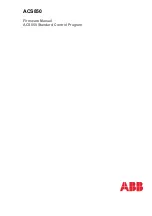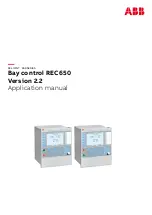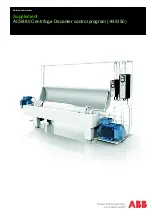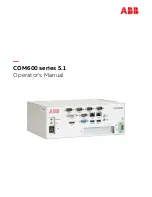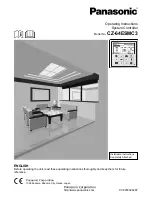
15
7.0 O p eration
7.0 Operation
7.1 Safety
DANGER
Risk of crushing
While moving onto solid objects, the force of the device may
cause injuries.
Therefore:
• Ensure that there are no persons in the stroke area of the device
while in operation.
• Take note of maximum permissible operating parameters for the
device (⮑ Data sheets 11 Appendix, page 28).
• Do not touch elements connected to the device while the device
is in operation.
DANGER
If a part of the actuator fails (screw fracture, loss of input torque),
the working mass will drop.
Therefore:
• Additional safety features must be in place to protect the work-
place.
• When there is no input torque, the push tube can be moved man-
ually or by gravity. A motor with fail safe brake is highly recom-
mended, particularly for vertical application.
• Check the drive regularly for signs of excessive wear (⮑ 8.2
Maintenance work, page 23).
CAUTION
Material damage due to static and dynamic overload of the
device
Static and dynamic overload can lead to damage and failure of
the device.
Therefore:
• Adhere to maximum permissible operating parameters for the de-
vice (⮑ Data sheets 11 Appendix, page 28).
• Never exceed nominal load.
WARNING
Burn hazard. Do not touch running actuator which gets hot.
NOTICE
Actuator may be damaged if liquids enter the actuator during
extension and retraction. Keep liquids away.
NOTICE
Material damage through overheating
An overheating of the device can cause damage.
Therefore:
• Only use control integrated thermal switch.
7.2 Action before use
1. Ensure that there are no persons or objects in the stroke
area of the device.
NOTICE
Contamination of the devices can cause serious damage
Therefore:
• Clean dirty parts immediately after they become dirty (⮑ 8.2.1
Cleaning, page 23).






























